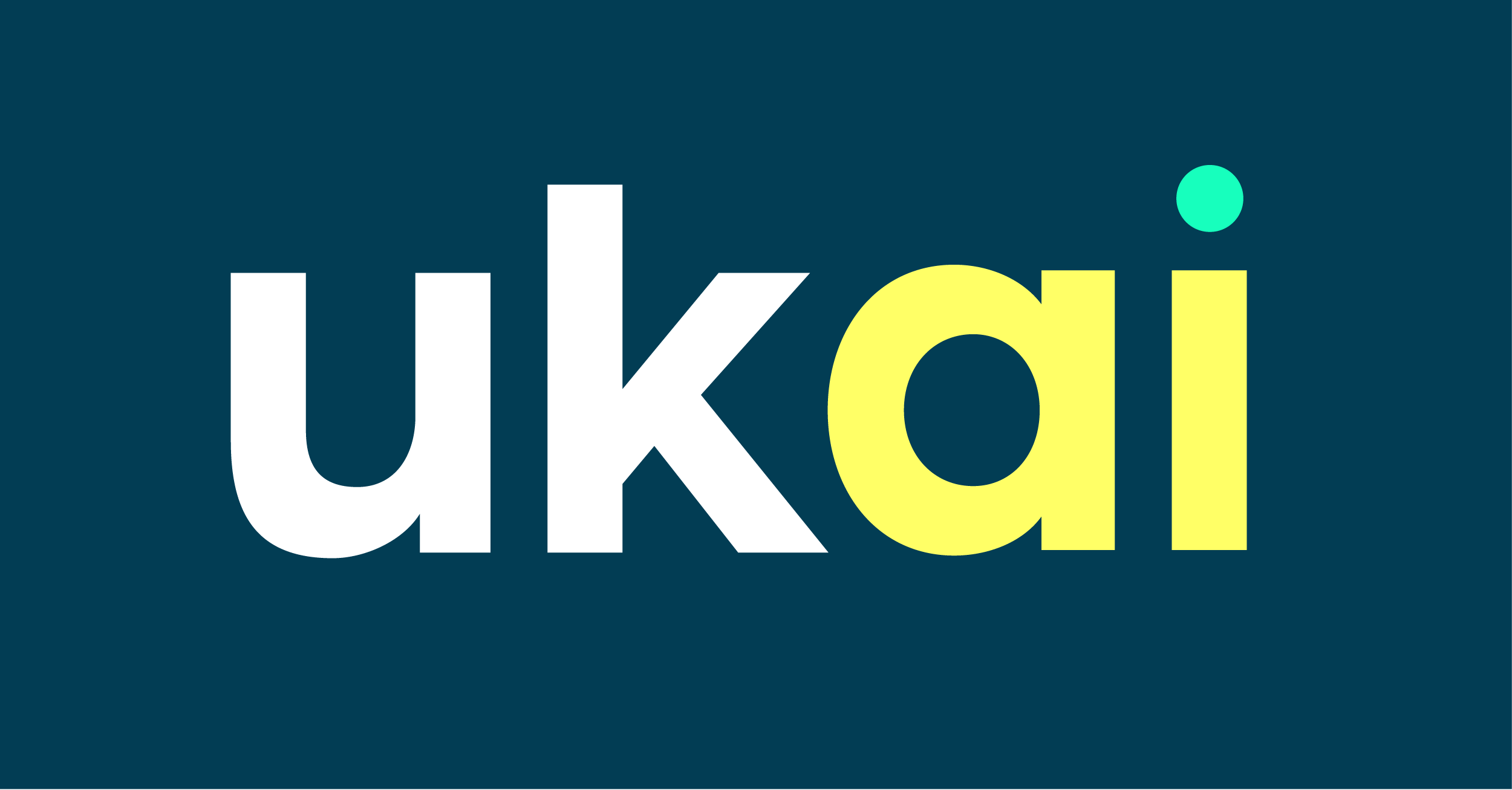Automation Is Reshaping SEO Agencies—Here’s Why UK Firms Must Move Fast
Many agencies still rely on labour-intensive systems, with project managers producing repetitive briefs, SEO specialists compiling reports from scattered sources and account teams struggling to stay in sync with clients. These outdated processes inflate admin costs, delay results and undermine client satisfaction.
The shift to advanced no-code platforms such as Make.com marks a pivotal change. Unlike linear tools like Zapier, Make.com supports branching logic, conditional workflows and rich data manipulation, allowing marketers to build highly customised automation sequences without coding skills. Its visual interface and usage-based pricing model further encourage broad adoption across operations.
One major win is in standardised brief generation. Intelligent onboarding forms adapt to each client’s industry and goals, feeding data into automated templates that generate briefs complete with competitor insights, keyword data and early content schedules. This not only saves time but ensures no strategic detail is missed.
Lead scoring and CRM integration are also being redefined. Behavioural tracking and predictive algorithms now guide automated lead scoring that adjusts in real time. Sales handoffs are enriched with behavioural histories and personalised outreach timing—reducing drop-offs between marketing and sales and increasing conversion rates.
At a more advanced level, full-funnel automation enables real-time, personalised campaign delivery across email, social, and web. AI agents enhance this further, identifying content gaps, prioritising technical fixes and advising on timing and budget—all autonomously, but within defined parameters to avoid overreach.
Yet implementation is not without challenges. Data silos between CRMs, analytics platforms, and project tools can stall automation. Agencies must invest in data warehouses and workarounds for legacy systems, while also validating data quality to avoid breakdowns.
Measuring ROI goes beyond hours saved. Gains include higher client satisfaction, fewer errors, faster delivery, greater revenue per employee, and better team morale as staff shift to high-value work. Success requires strong change management: piloting simple workflows, upskilling teams and embedding documentation and regular audits to keep automations aligned with business shifts.
Future-proofing is vital. Modular, platform-agnostic systems allow agencies to scale and adapt without major rebuilds. Machine learning elements will help workflows refine themselves over time, keeping pace with campaign and market evolution.
For UK agencies, the moment to act is now. Automation is no longer a tactical add-on—it’s a strategic imperative. Those who move early and build robust, flexible systems will lead in client outcomes, innovation and growth. The only real question is not whether to automate, but how quickly and intelligently it can be done.
Created by Amplify: AI-augmented, human-curated content.






